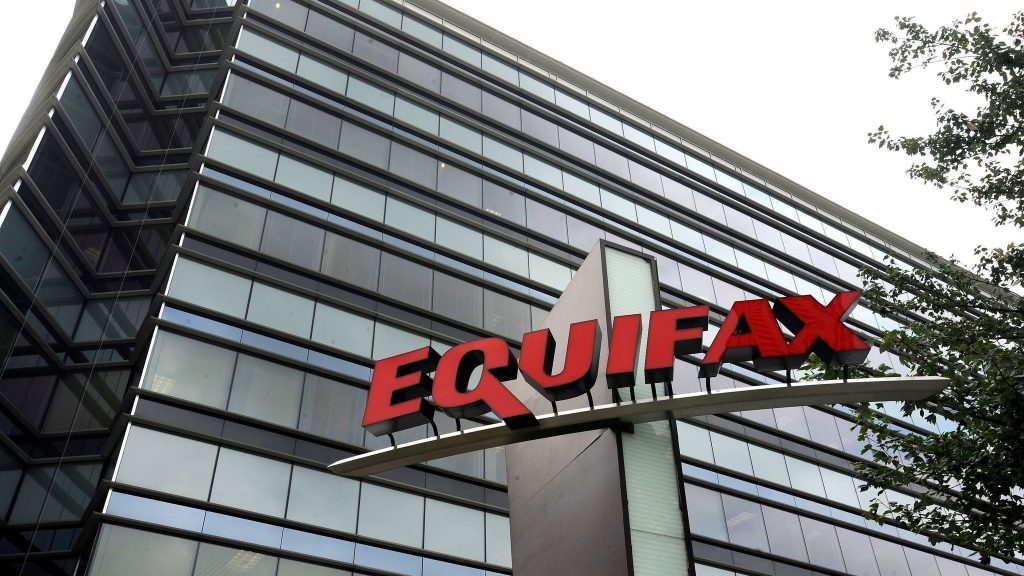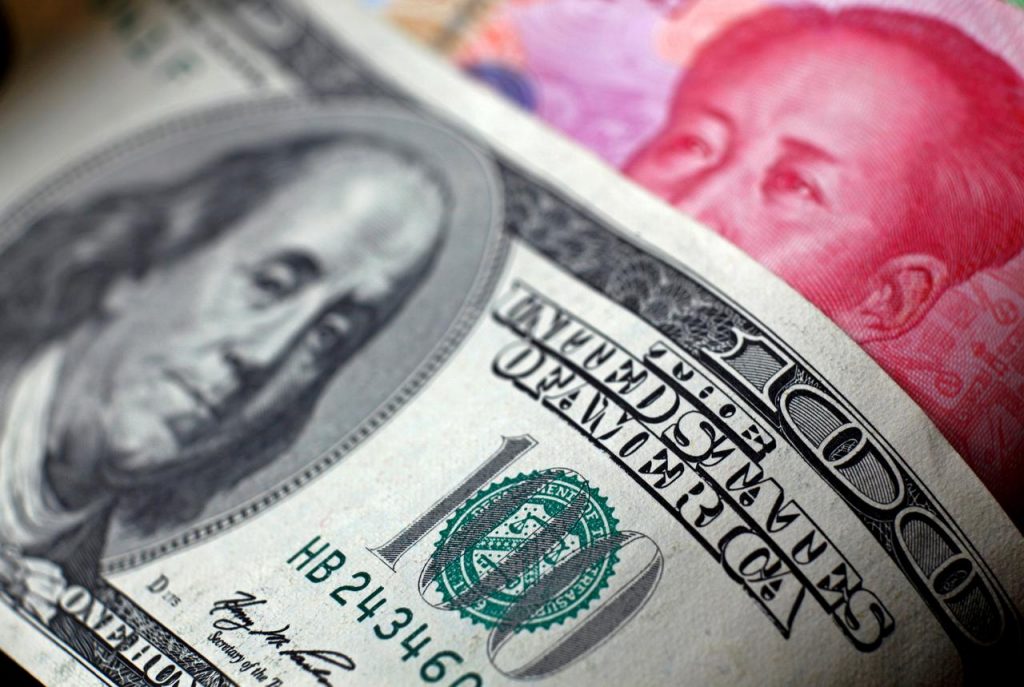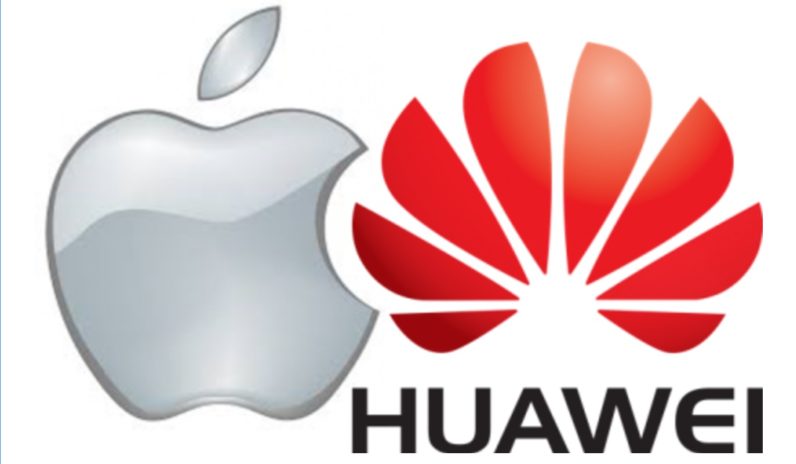Equifax Credit Data Breach Threatens 143 Million Americans
One of the largest credit reporting agencies, Equifax, was recently hacked, putting 143 million Americans at risk of having sensitive data stolen
The New York Times reported on the cyberattack on September 7, and it is believed to have occurred between the middle of May and July 29, when the intrusion was discovered. What makes this attack particularly serious is the company’s status as a central clearinghouse for sensitive credit-related information. This includes social security numbers, driver’s license numbers, and plenty of other data that can be used in many harmful ways.
Even though Equifax breach is not the largest known by human kind, it needs to be taken seriously due to the fact that the information that was stolen is highly sensitive. It includes 209,000 credit card numbers, personal information relating to credit disputes for 182,000 victims, and data that could be further used to access medical histories, bank accounts, and more.
Unfortunately, this is not the first attack that targets Equifax. An earlier one stole W-2 data, while other attacks have occurred against the company’s subsidiaries. However, this particular one is the largest ever recorded by the company.
“This is about as bad as it gets. If you have a credit report, chances are you may be in this breach. The chances are much better than 50 percent.” Pamela Dixon, executive director of World Privacy Forum said in a statement
The Equifax attack raises important questions, according to US Senator Mark Warren.
“While many have perhaps become accustomed to hearing of a new data breach every few weeks, the scope of this breach – involving Social Security Numbers, birth dates, addresses, and credit card numbers of nearly half the U.S. population – raises serious questions about whether Congress should not only create a uniform data breach notification standard, but also whether Congress needs to rethink data protection policies, so that enterprises such as Equifax have fewer incentives to collect large, centralized sets of highly sensitive data like SSNs and credit card information on millions of Americans.” Mark Warren said
Source: digitaltrends.com







